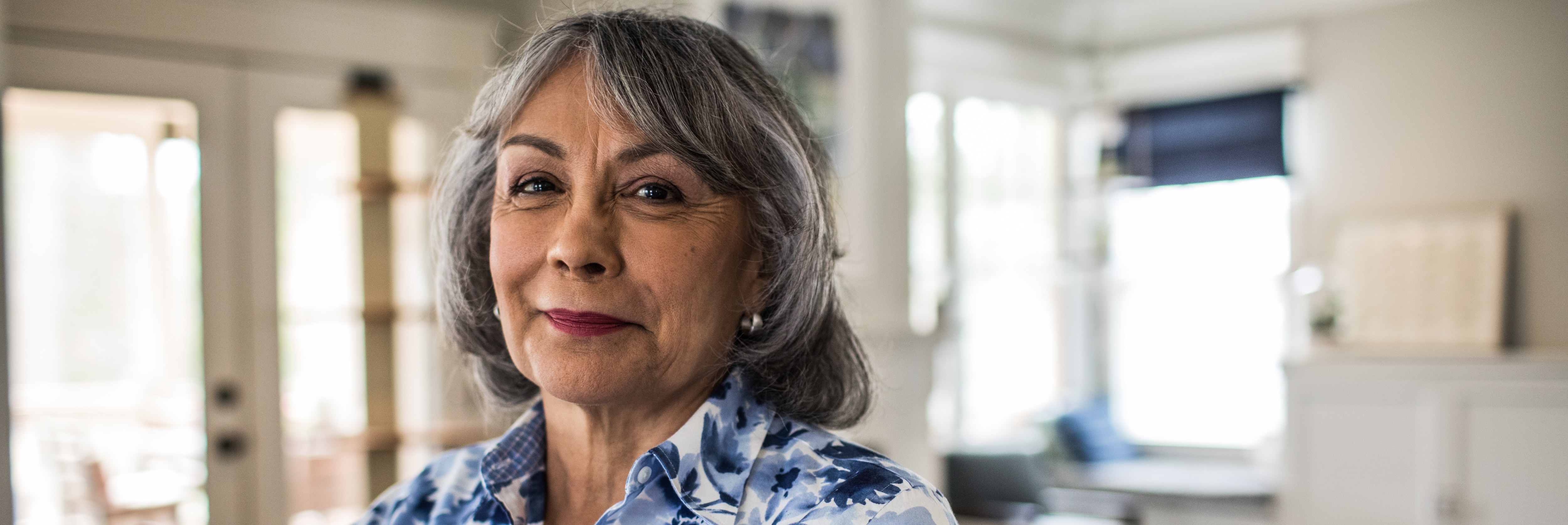What is shingles?
Shingles (also called herpes zoster or zoster) is a painful rash of small, red spots or blisters. These usually appear on one side of the body, head, or face. In addition to the rash, symptoms of shingles can include fever, headache, chills, and an upset stomach.
What causes shingles?
The same virus that causes chickenpox (varicella) causes shingles. After you have chickenpox, the virus stays inactive in your body’s nerve cells. Later in life, this virus can become active again and cause shingles. You can't catch shingles from another person. But if you've never had chickenpox or the chickenpox vaccine, being exposed to someone with shingles could give you chickenpox —though this is rare.
Is shingles dangerous?
Shingles usually isn't dangerous and will clear up on its own. In most cases, the pain from shingles will get better when the rash starts to heal. However, in some people, the pain can last for months, even after the rash has gone away. This is known as postherpetic neuralgia. Though very rare, shingles can sometimes lead to serious problems like pneumonia, hearing loss, vision problems, or brain inflammation.
Because the zoster virus stays in your body, shingles treatment usually focuses on medicines that ease pain and symptoms until you feel better. The U.S. Food and Drug Administration (FDA) approved the first shingles vaccine (Zostavax) in 2006. A newer, more effective vaccine (Shingrix) was approved in 2017 and replaced the older vaccine in 2020.
How long does protection last?
For most people, protection from the shingles vaccine lasts at least 4 years, and likely much longer. Currently, the Centers for Disease Control and Prevention (CDC) doesn't recommend a booster after the two-dose shingles vaccine.
Are there any side effects from the vaccine?
Common side effects include pain, redness, or swelling at the injection site, headache, muscle aches, fever, chills, and fatigue. If you experience these after your first dose, you can still receive the second dose. Serious side effects are very rare.
Who should get the shingles vaccine?
You should get the new shingles vaccine if you're age 50 or older. Even if you've had the older shingles vaccine (Zostavax), or you've had shingles before, have mild immune suppression, or don’t remember having chickenpox, you should still get vaccinated.
Who shouldn't get the shingles vaccine?
Do NOT get the vaccine if you've had a severe allergic reaction to any vaccine component. Also, if you might be pregnant or currently experiencing a shingles outbreak, wait until these conditions resolve before getting vaccinated.
Is the cost of the vaccine covered by insurance?
Coverage depends on your health plan. To see if your plan covers the Shingrix vaccine, check your plan document.
